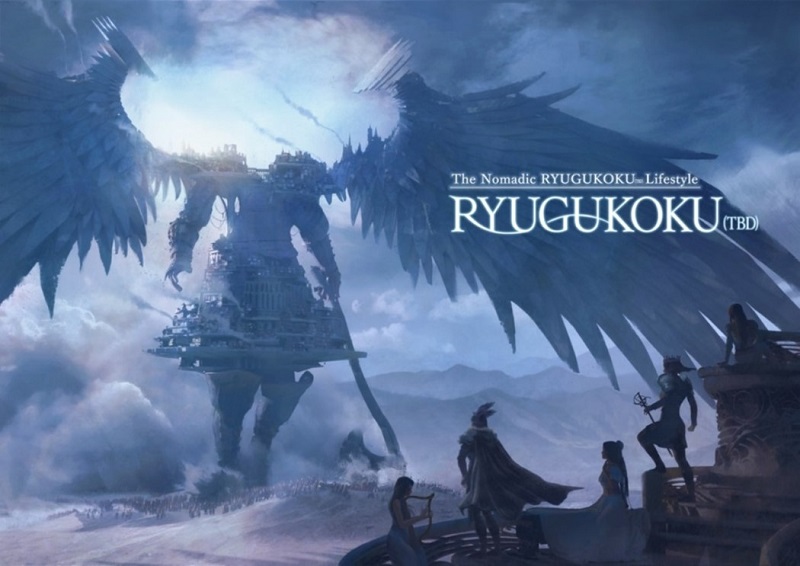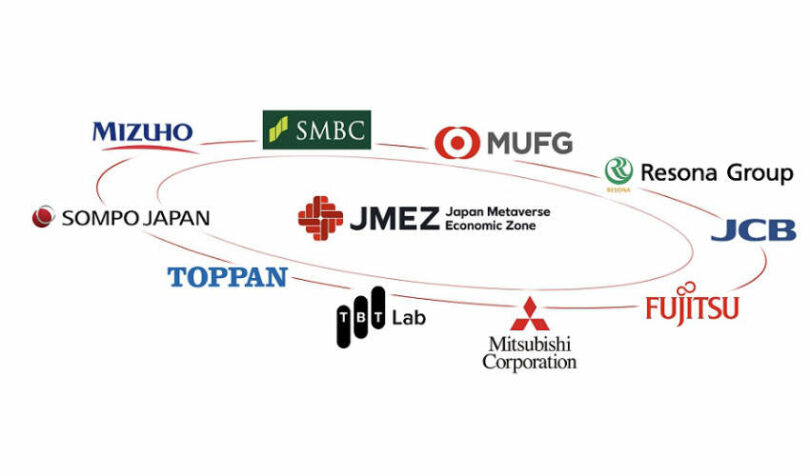Today ten companies announced their involvement in the Japan Metaverse Economic Zone (JMEZ), which aims to build an open ecosystem for enterprises creating metaverse experiences. It’s positioned as a digital transformation (DX) play which is part fantasy world, part real world.
With an interim name of RYUGUKOKU, the metaverses will have role play game (RPG) themes for the virtual worlds, including castles and cities.
Despite a strong gaming theme, the consortium is dominated by financial firms, including Japan’s four largest banking groups, MUFG, SMBC, Mizuho and Resona Group, as well as card firm JCB and insurance company SOMPO.
The gamification and key technology elements are provided by TBT Lab, with Toppan also integrating its metaverse and avatar technology. Fujitsu is the group’s main technology company, and Mitsubishi will help with internationalization. Web3 financial functions will be provided by MUFG, with insurance by SOMPO and technology by Fujitsu.
The infrastructure will enable interoperability between various metaverse offerings through a passport system for users, enabling them to traverse worlds with NFTs, avatar clothing and identity. The avatar system creates a digital twin of individuals, including their interests, hobbies, healthcare and other personal information.
User identities will be linked to the real world given that some of the finance firms are involved in authentication.
The point about the avatars being digital twins clarifies the digital transformation and marketing objective. However, the group envisages purposes beyond marketing, including work environments, information dissemination and ‘consumer experience transformation’.
This is not intended as a purely Japanese metaverse play. The announcement was in English, and there’s a stated aim of engaging with companies and governments outside Japan.
In a policy speech in October Japan’s prime minister Fumio Kishida included the metaverse as a topic as part of its investment in digital transformation.







